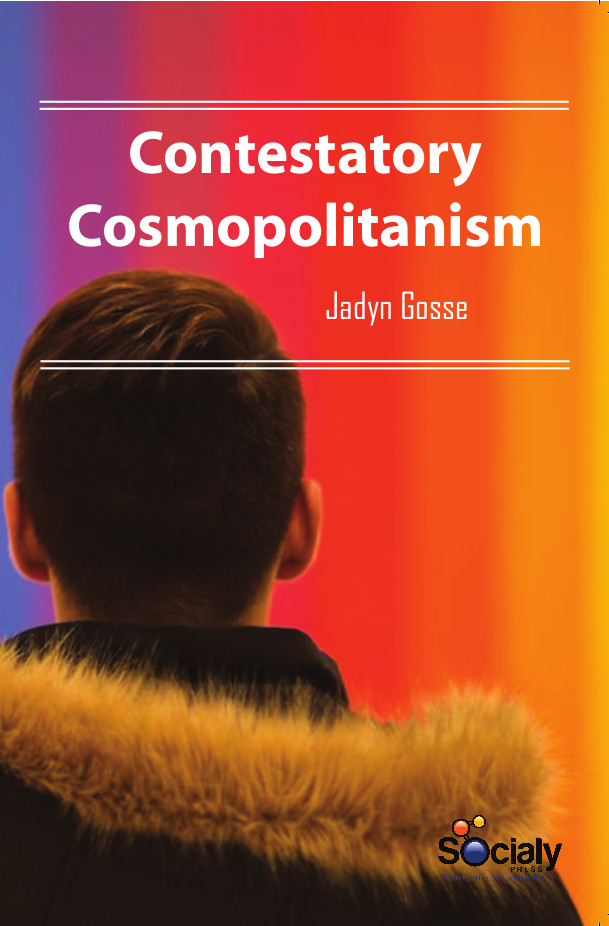Cosmopolitanism is a concept that can be applied to many universalist ideas – human rights, democracy, freedom – but these ideas are always susceptible to the hegemonic order of the day and as such are always context-bound, related to power and particular to time and space. Cosmopolitanism has been interpreted in many ways. Cosmopolitanism carries with it the notion of the borderless, global citizen that in some ways sits easily within this neoliberal frame of the free-market and unrestrictive movement even if one refers largely to individuals and the other to financial affairs. Since the early 1990s there has been an enormous revival of interest in the ancient idea of cosmopolitanism. Across the humanities and social sciences, but especially in philosophy and political theory, the ancient call to be a “citizen of the world” has struck many theorists as the best response to a rapidly globalizing post-Cold War world. With states and national forms of belonging weakening, while other, often broader, structures, authorities and bonds proliferate, cosmopolitans reason that we increasingly need to think and even act on a global level. The many cosmopolitanisms floating around academic discourse in the last two decades thus can be seen as converging around the idea that, to the extent humanity is becoming closer and more interdependent than ever before.
This Book, Contestatory Cosmopolitanism, highlights the gradual emergence of a contestatory cosmopolitan imaginary that increasingly challenges the dominant neoliberal political rationality. It discusses how the cosmopolitan ethics of the ‘freedom of the press’ have become distorted by a thoroughly commercialized tabloid media, to mean little more than freedom of the market to do as it pleases. This is presented as a form of cosmopolitan capitalism via a communication system that is part of a global economy and one that requires new communication policies in order to preserve and promote democratic values over consumerist ones. The nature of being political is changing in the context of globalizing conditions. We are faced with increasing disengagement from formal institutional politics and lack of trust in representative politics alongside and related to a shift from class politics to identity politics, from traditional political parties to new social movements.













